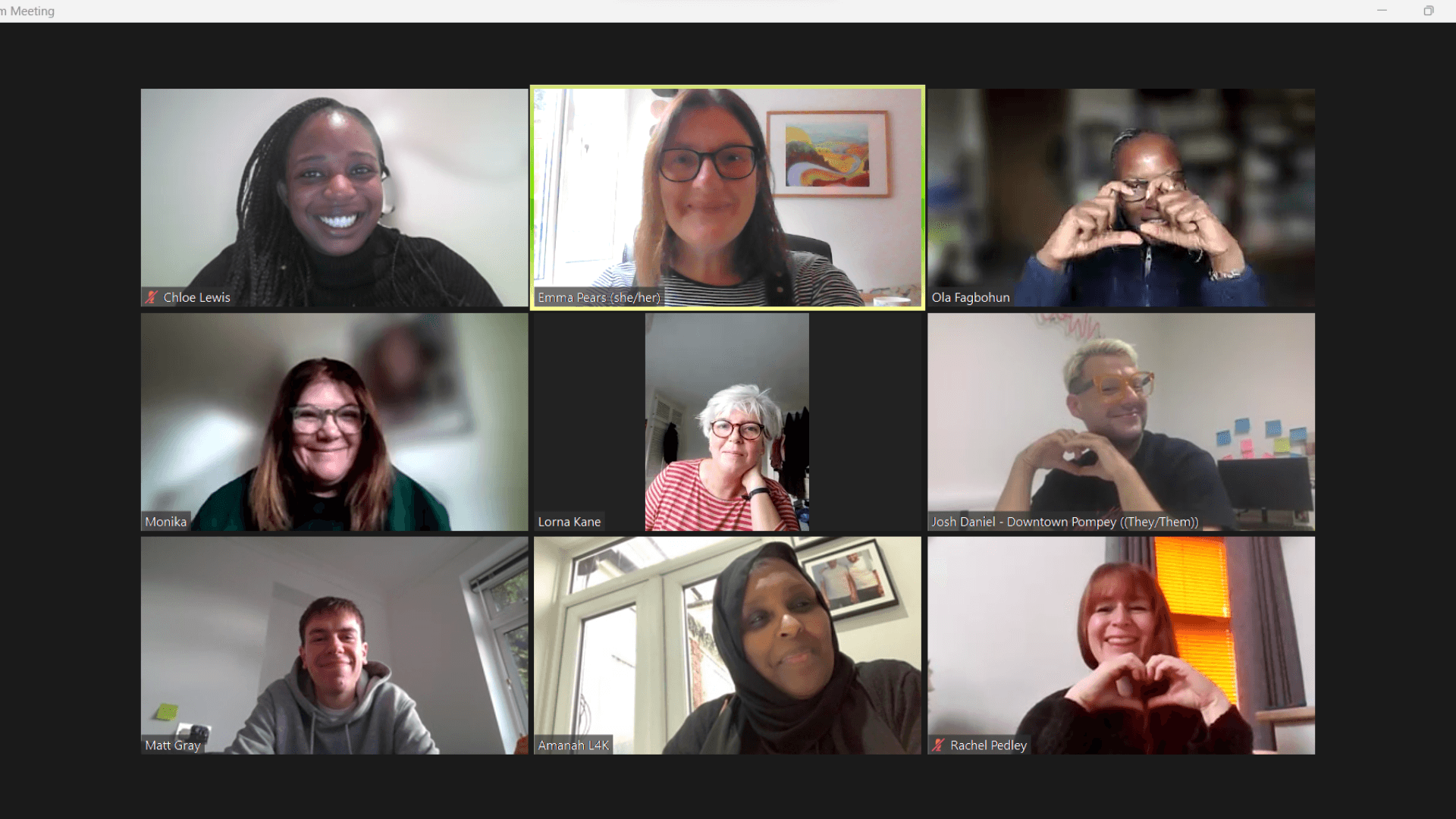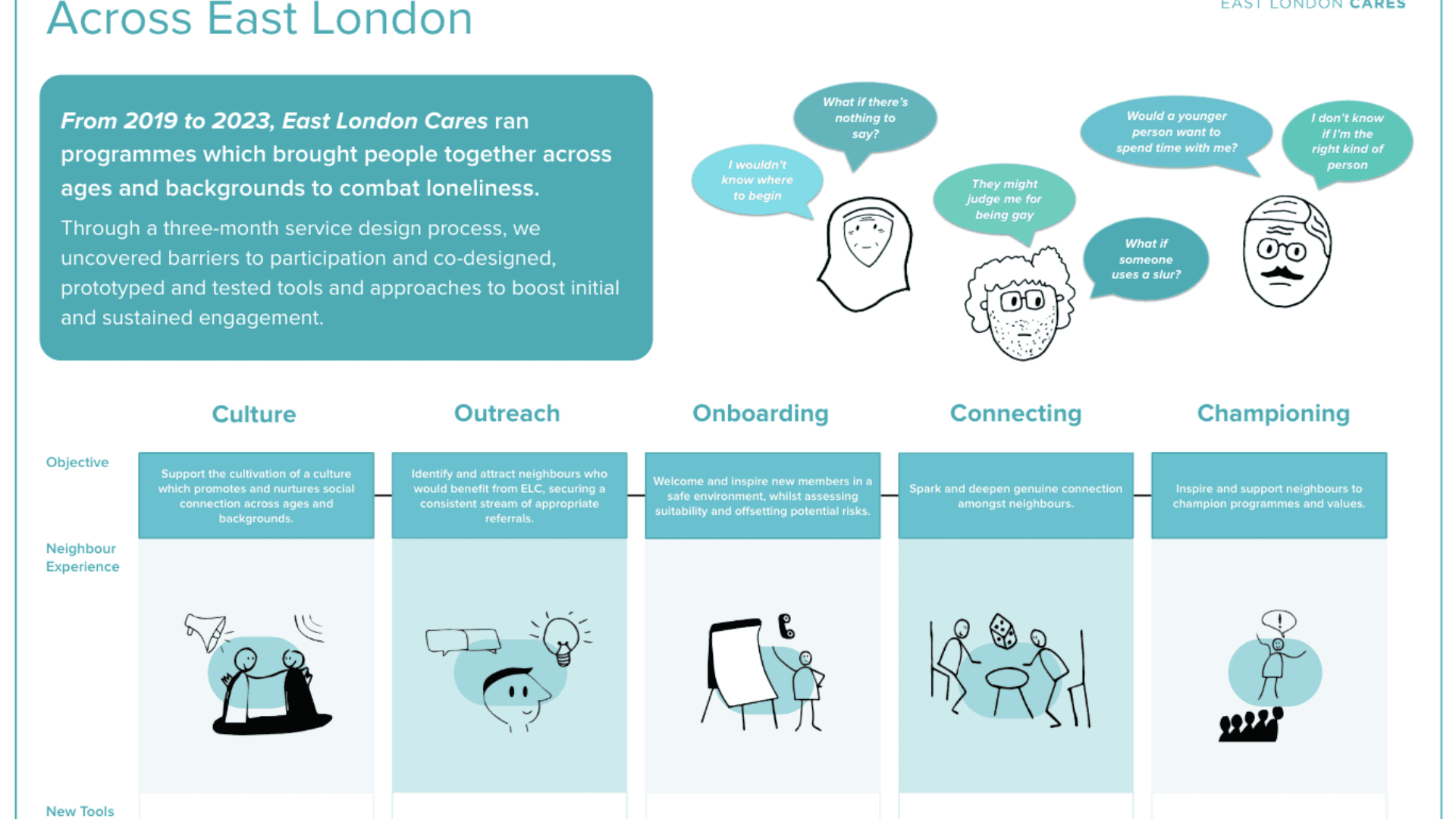
Building our social infrastructure: Why levelling up means creating a more socially connected Britain
Posted by The Cares Family on 4th October 2021
Please note: this post is 41 months old and The Cares Family is no longer operational. This post is shared for information only
A new joint report from The Cares Family and Power to Change argues that, in seeking to level up Britain, Ministers and officials should put relationships and communities at the heart of decision-making.
Drawing on the views of older and younger neighbours from The Cares Family, as well as new independent research, this report explores how trends such as globalisation, gentrification, digitalisation and cultural fragmentation have led to a loosening of our community bonds.
And it sets out how a deficit of social capital – or connections between people – is compounding many of the most pressing challenges facing our society, from long-running cycles of economic decline to regional inequalities in health and wellbeing and the feelings of dislocation and disempowerment which have upended our politics in recent years.
Building Our Social Infrastructure shows how:
- Less than a quarter of us currently believe that levelling up will positively impact our areas
- People over 55 are the least likely to believe that levelling up will benefit their community, while 18-34-year-olds are the most optimistic
- 71% of us say we have ‘no’ or ‘not much’ control over important decisions that affect our neighbourhoods and local communities
- 76% say that investing in social infrastructure should be as much of a priority for the government as investing in physical infrastructure
- Giving communities greater say over how levelling up funding is spent in their area could be the key to boosting its appeal
In Building Our Social Infrastructure, The Cares Family and Power to Change show how the only antidote to our crisis of disconnection is dedicated action to support the growth of a new wave of community institutions which purposefully nurture social connection across perceived lines of difference.
If isolation from people who are not ‘like us’ is a gateway into economic, health, and social inequality, as well as loneliness, 'othering' and broader polarisation, the answer must be community – and the diverse relationships that underpin it.


